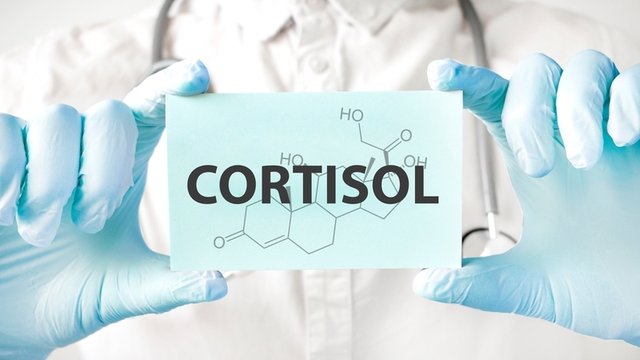
What is cortisol and why is it important?
Edited on Aug. 25, 2025

Hormones are considered to be chemical messengers in the human body. There are more than 50 types circulating in the body, travelling through the bloodstream to tissues and organs to carry out functions such as growth, development, metabolism and mood, among many others.
Any hormonal imbalance, no matter how small, can cause health problems at a physical or mental level, which is why it is important to have a control and follow-up by a professional.
If you are interested in the field of mental health and want to dedicate yourself professionally to it, the Psychology degree in Madrid or the degree in Pyschology in Valencia at Universidad Europea will give you the knowledge and specialisation necessary to face the work challenges derived from this medical sector.
What is cortisol?
Of all the hormones in the body, cortisol is a type of steroid hormone produced by the adrenal glands on top of the kidneys.
Cortisol is also known as the stress hormone, as it is part of the body's response to stressful situations and regulates functions such as:
- Regulation of metabolism.
- Blood pressure:
- Immune system.
- Anti-inflammatory action.
- Regulation of blood sugar levels.
Symptoms of high and low cortisol
The symptoms caused by high cortisol can be very varied, but these are the most common:
- Concentration problems.
- Thin skin and susceptibility to bruising.
- High blood pressure.
- Severe fatigue.
- Acne.
- Purple lines on stomach, chest, hips or under arms.
- Difficulty in wound healing.
- headache
- Weight gain, especially in the upper trunk.
Why is cortisol produced?
The human body produces cortisol in response to different situations, especially in times of stress. When an individual is faced with a threat (whether emotional or physical), the glands release cortisol to prepare the body for the situation. Cortisol thus increases the body's energy by raising blood glucose levels to cope with the challenge.
Cortisol also plays an important role, with higher levels in the morning and lower levels in the evening to allow for sleep and rest.
What is the relationship between cortisol and oxytocin?
Cortisol is associated with stress and is in turn related to the hormone oxytocin, also known as the "connection hormone" or "love hormone". Oxytocin, on the other hand, is released in situations of pleasure or emotional bonding, counteracting the effects of cortisol.
According to expert psychologist Marian Rojas, studies have shown that high levels of cortisol inhibit the release of oxytocin and at the same time, high levels of oxytocin can reduce cortisol levels, creating a hormonal balance that is key to a person's emotional and mental health and well-being.
There are many branches of psychology to choose from, and Universidad Europea has a wide variety of Health and Biomedical degrees where you can specialise in the programme you like best.
The importance of understanding hormonal balance for mental well-being
Hormones like cortisol and oxytocin play a crucial role in regulating not only the body’s physical processes but also emotional and psychological health. Understanding how these hormones interact helps explain why stress management, emotional connection, and lifestyle balance are key to overall well-being.
Studying psychology provides the tools to understand these biological mechanisms and apply them to real-world contexts—helping people manage stress, build resilience, and improve their quality of life. For students passionate about health, emotions, and human behaviour, a psychology degree is the perfect path toward a meaningful and impactful career.
Mini Summary
- Hormones act as the body’s chemical messengers, influencing growth, mood, and metabolism.
- Cortisol is the main stress hormone, regulating energy, immune response, and metabolism.
- High cortisol levels can cause fatigue, acne, high blood pressure, and weight gain.
- Oxytocin, the “love hormone,” helps reduce cortisol and promotes emotional bonding.
- A balance between cortisol and oxytocin is essential for mental and emotional health.
- Studying Psychology at Universidad Europea equips students to understand and support mental well-being professionally.
Article published on May 24, 2024